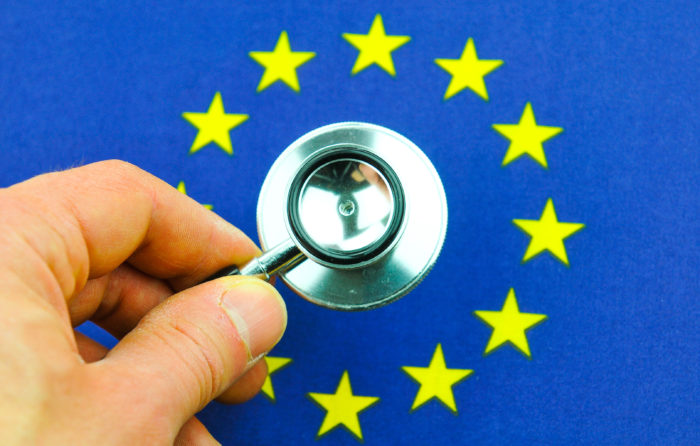Mapping Report Reveals Access Disparities among European Patients
March 27, 2018
How accessible is your health care? It all depends upon where you live, as a new report from the European Federation of Crohn’s & Ulcerative Colitis Associations confirms.

With the help of 32 member associations, the federation worked from October 2016 to December 2017 to examine patients’ access to innovative medicine across 31 European countries. Results shows marked inequalities among member countries and regions.
Reimbursement. How much patients pay – and when it’s owed – impacts access.
- 34% of associations say patients in their country pay a portion of their bill at the site of care and have insurance that pays the balance
- 28% say patients in their country have insurance that covers all expenses
- 6% say patients in their country are required to pay everything up front and seek reimbursement afterward.
Access. Associations were asked about access to seven IBD medicines – five biologics and two biosimilars.
- Only two medicines are approved in all 31 countries
- Only four countries have access to all seven medicines.
Choice. “A good patient-physician relationship is associated with better compliance to treatment,” the report explains. But the ability to choose one’s physician is not universal.
- 69% of associations say patients in their country are free to choose their physician
- 16% say patients in their country have their physician selected for them by their health care system
- 16% say patients in their country have limited choice based on insurance.
Other factors also contribute to an unequal treatment landscape, respondents explained. These include geographical barriers, the distribution of specialists and country-specific insurance systems and laws.
“These results provide a framework for IBD patient advocates throughout Europe to press for better, more equal access to innovative medicine,” explained Sanna Lönnfors of the European Federation of Crohn’s & Ulcerative Colitis Associations. “This information should empower advocates and policymakers to effect important changes.”
To equalize access across Europe, the federation:
- Encourages associations to use the mapping report to accelerate access to innovative medicine.
- Calls for more widely available telemedicine
- Cites the need for national or European registries of IBD patients.
The European Federation of Crohn’s & Ulcerative Colitis Associations has worked previously with both the Global Alliance for Patient Access and the European Alliance for Patient Access on advocacy training programs.
To learn more, see “Mapping of Innovative Treatments and Devices in EFCCA Member Countries.”
Tags: Biologics, Innovation, Regulatory IssuesCategorized in: Blog

